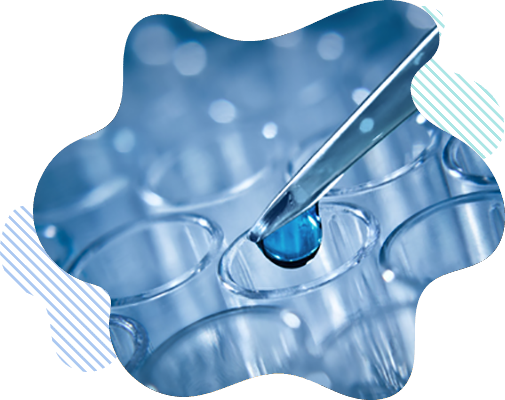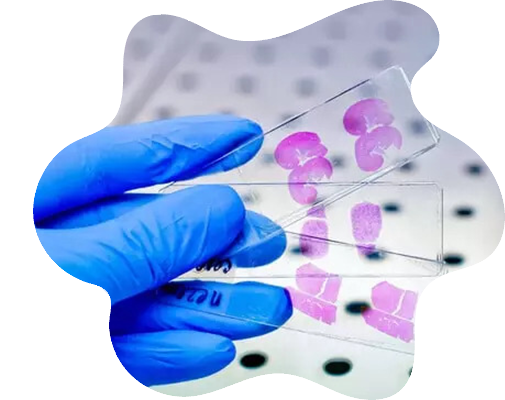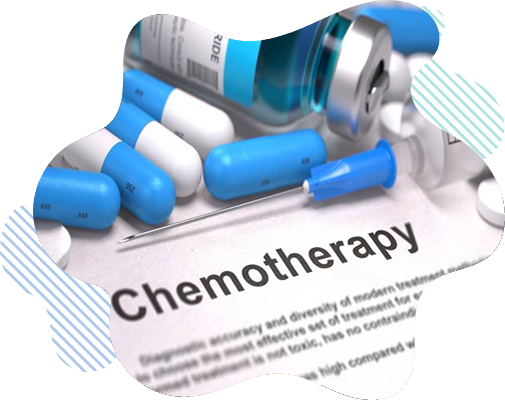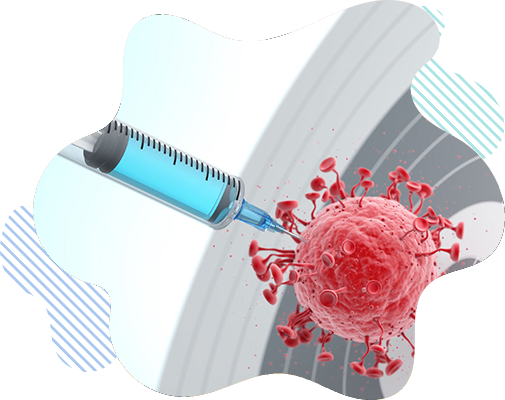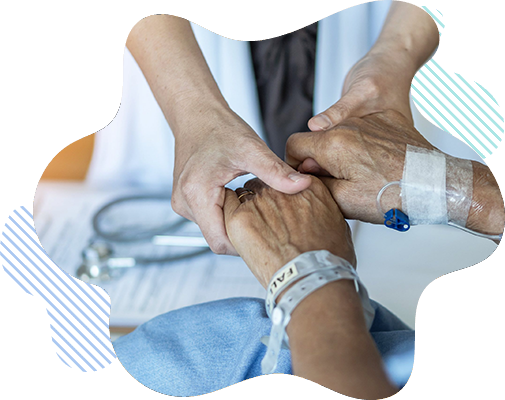


Dr. Sreya Mallik is a Medical Oncologist practicing at Karkinos Healthcare Private Limited, Kolkata. Dr. Sreya Mallik has completed her MBBS from R.G. Kar Medical College & Hospital, Kolkata & then did her MD in Radiation Oncology from Medical College & hospital, Kolkata. She did her DM in Medical Oncology from Dr. B. Borooah Cancer Institute, Guwahati (A Unit of Tata Memorial Centre, Mumbai). She is a certified Medical Oncologist from the Federation of Royal College of Physicians of the United Kingdom. She has certification in palliative care under Indian Association of Palliative Care. She has an experience of more than 10 years in the field of Oncology.
Dr. Sreya has expertise in managing all type of solid malignancies with special interest in breast cancer, lung cancer, gynaecological and gastrointestinal malignancies. She has a vast experience of treating paediatric malignancies and hematological malignancies including lymphoma & leukaemia. Dr. Sreya is well acquainted with modern chemotherapeutic drugs, targeted therapy and immunotherapy.
Dr. Sreya has participated in various National and International conferences. She has numerous publications in National as well as International journals.

